Section: Environment
There are more than 60 results, only the first 60 are displayed here.
Become a subscriber for more search results.
-
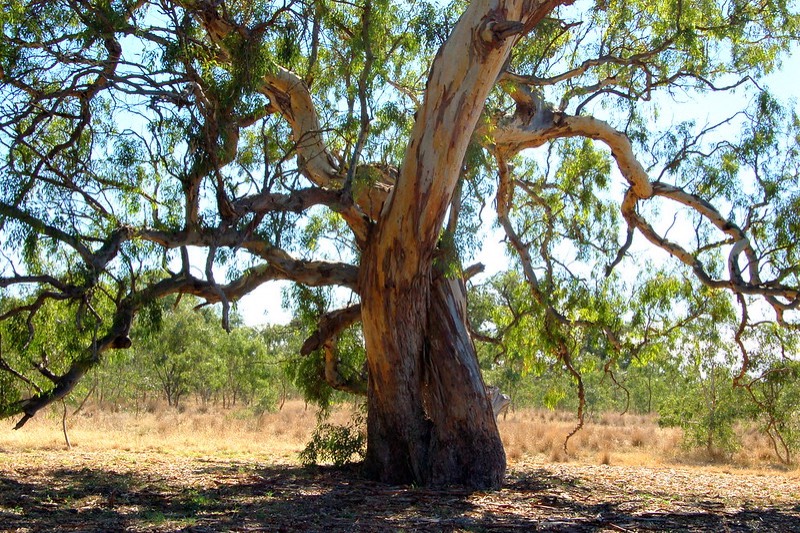
ENVIRONMENT
- Brian Matthews
- 03 June 2021
6 Comments
Red gum, this ‘smooth-barked large tree that gives watercourses all over Australia their Australian feel’, seemed intent on bobbing up in my life one way or another, sometimes as a result of sheer luck or coincidence.
READ MORE 
-

ENVIRONMENT
- Stephen Minas
- 13 April 2021
2 Comments
On 30 March, the Holy See engaged with an important aspect of displacement with the publication of its ‘Pastoral Orientations on Climate Displaced People’. The intersection between climate change and human displacement is a still emerging area of concern. Nevertheless, we know that climate change is already a factor in various forms of human mobility.
READ MORE 
-

ENVIRONMENT
- Stephen Minas
- 18 February 2021
2 Comments
The COVID-19 pandemic has provoked difficult questions about the links between the simultaneous health and ecological crises. These questions were examined in late January at the virtual Halki Summit, the latest in a long series of environment-focused events convened by the Istanbul-based Ecumenical Patriarchate.
READ MORE 
-
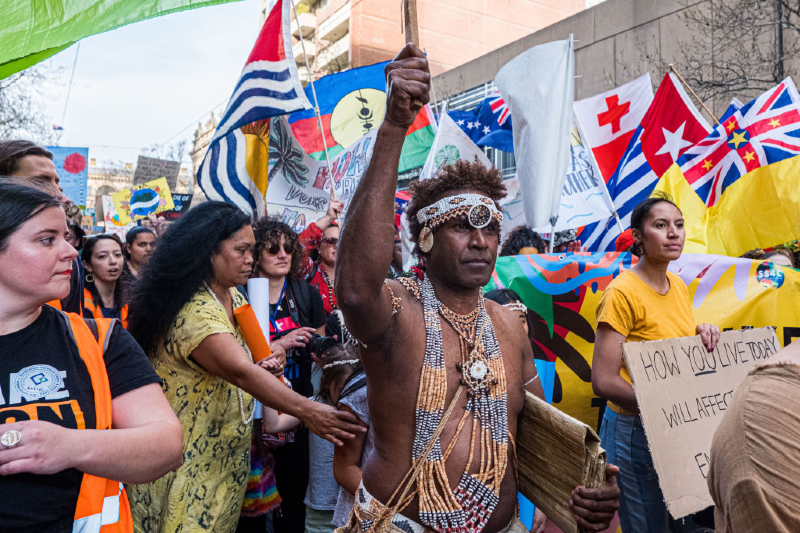
ENVIRONMENT
- Cristy Clark
- 10 February 2021
4 Comments
On a superficial level, it makes no sense to commit so strongly to managing the impacts of climate change (adaptation) on the one hand while refusing to significantly reduce emissions (mitigation) on the other. On the other hand, when you start to unpack the logic of so much adaptation policy, this contradiction fades away.
READ MORE 
-
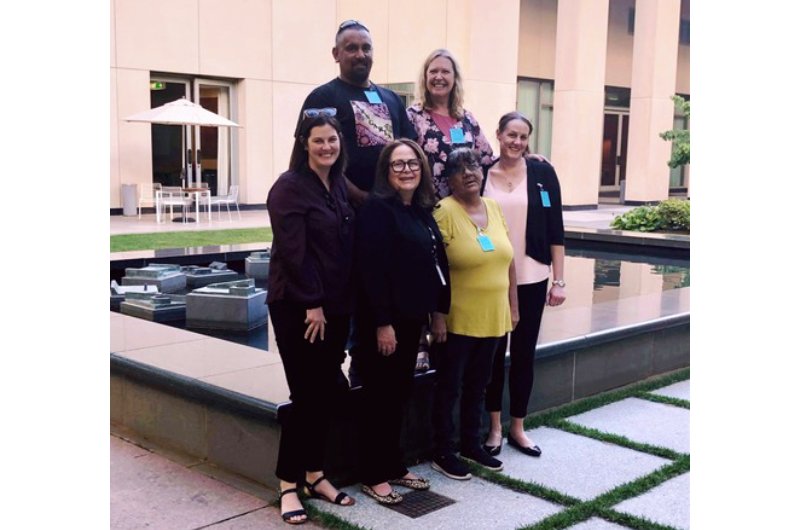
ENVIRONMENT
- Michele Madigan
- 17 November 2020
9 Comments
So in the long journey of nearly five years since the Australian federal government's renewed search for a national radioactive waste facility, it seems a new stage has been reached.
READ MORE 
-
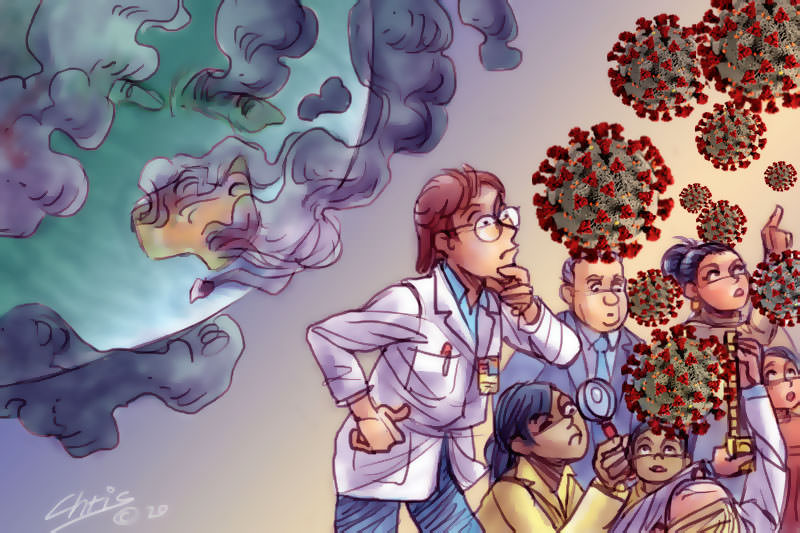
ENVIRONMENT
- Marnie Vinall
- 12 November 2020
4 Comments
Since the pandemic started to show its teeth on our shores in March, there’s been a trend to wave away any other matter other than COVID-19 with an examination of, ‘Just one crisis at a time — we’ll get to climate change after we’ve got the economy back on its feet.’ The only problem is we don’t have the luxury as a nation to solely focus on one crisis at a time.
READ MORE 
-
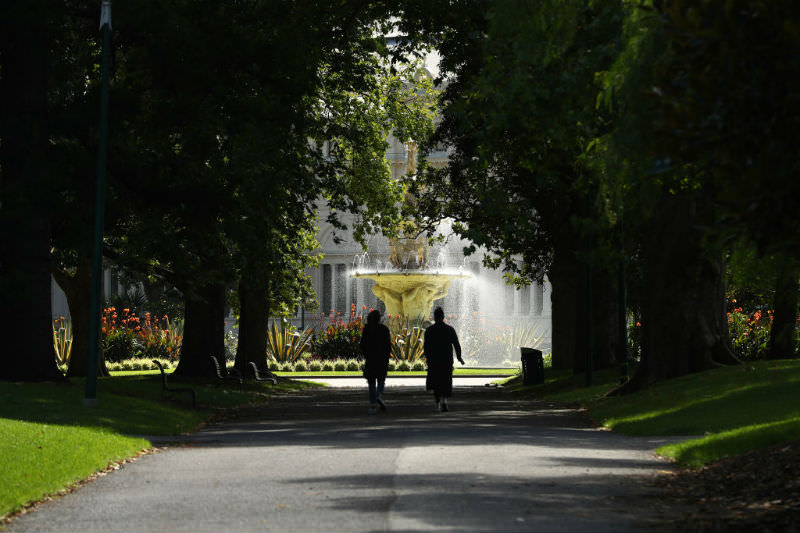
ENVIRONMENT
- Andrew Hamilton
- 03 November 2020
17 Comments
These last weeks the possible re-election of Donald Trump has been one of the dark birds that visit many of us in the night. As with other such epochal events, of course, how we might react internally to it is of vastly less weight than its effect on the world. Neither early morning wandering nor anything else we can do will change that. But it might shape our response.
READ MORE 
-
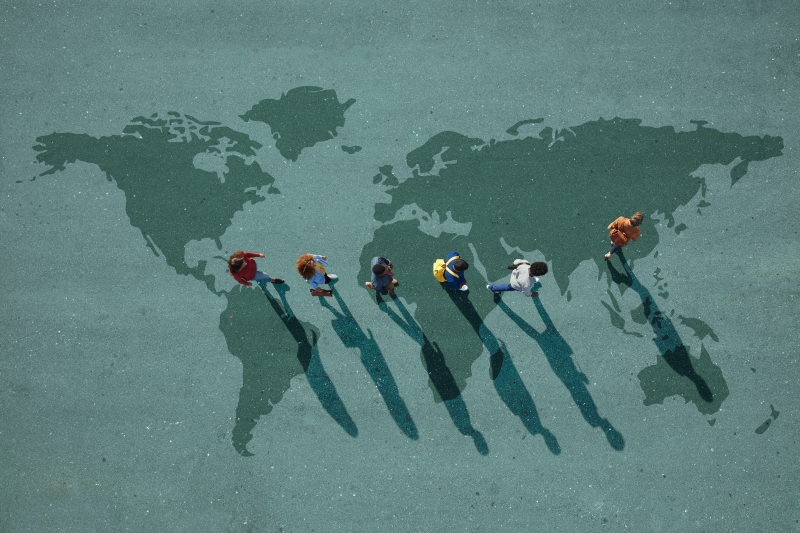
ENVIRONMENT
- Sangeetha Thanapal
- 03 November 2020
22 Comments
The environmental movement in general has a serious race problem. Make no mistake, an ideology that says humans are the problem is a colonial ecology; the Malthusian fear of overpopulation is rooted in racist ideals.
READ MORE 
-

ENVIRONMENT
- Leo Mares
- 29 October 2020
6 Comments
Such a profound lack of action from our own government on an existential issue of this magnitude certainly doesn’t inspire hope. So when it comes to climate anxiety as a clinical issue, this is not only a risk factor, but also a barrier to treatment.
READ MORE 
-
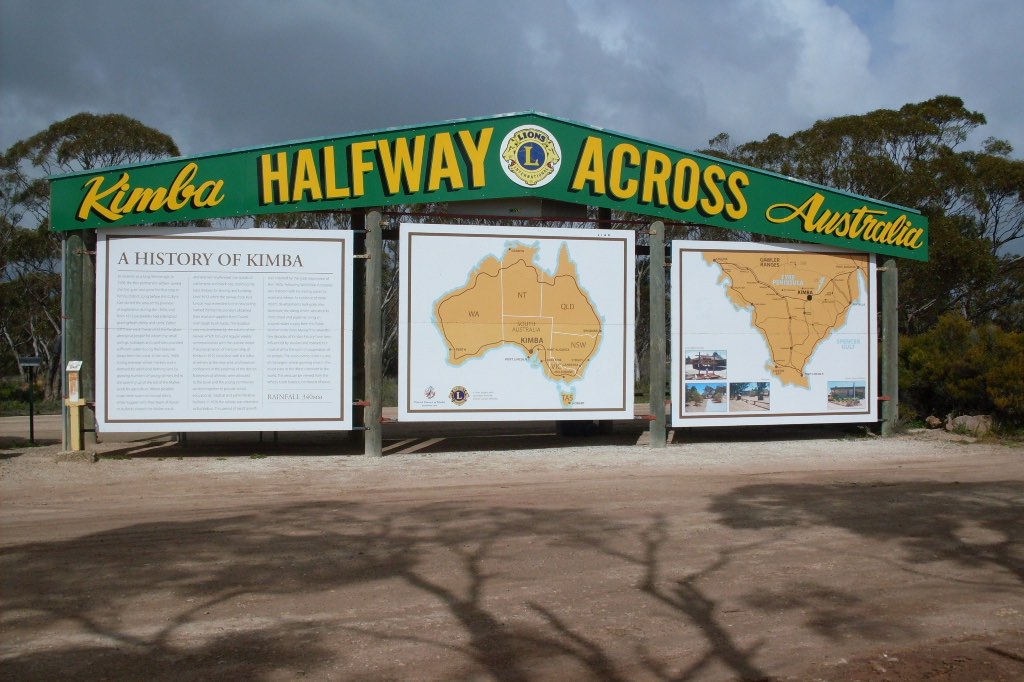
ENVIRONMENT
- Michele Madigan
- 22 September 2020
16 Comments
It may have taken five years but in the last session of the recently completed Senate Inquiry, finally a government department bureaucrat has used the phrase — '…it is a national issue.' Well certainly — 'When it suits,' one might respond.
READ MORE 
-

ENVIRONMENT
- Various
- 18 September 2020
3 Comments
The pandemic has afforded us a preview of how a crisis plays out when the science is not properly heeded. The overwhelming majority of climate scientists have long been sounding the alarm that the health and safety of large parts of the population are at serious risk, both here and around the world. We are already seeing the damage to health and to the environment that they predicted.
READ MORE 
-

ENVIRONMENT
- Catherine Marshall
- 17 September 2020
10 Comments
The freesias are a delight, for they flower in random places on their knife-edge leaves in yellows and whites and mauves, their beauty absolving them from their dubious classification as weeds. They delight the eye, therefore they are forgiven. But why not the nightshade and the onion weed, with their delicate flowers? What makes a weed a weed, anyway?
READ MORE 